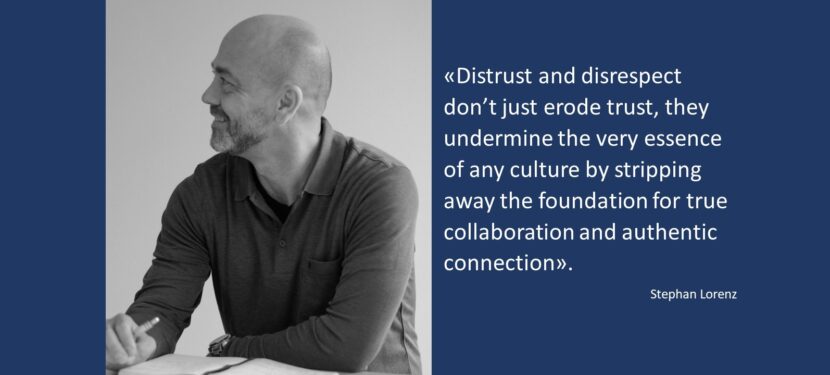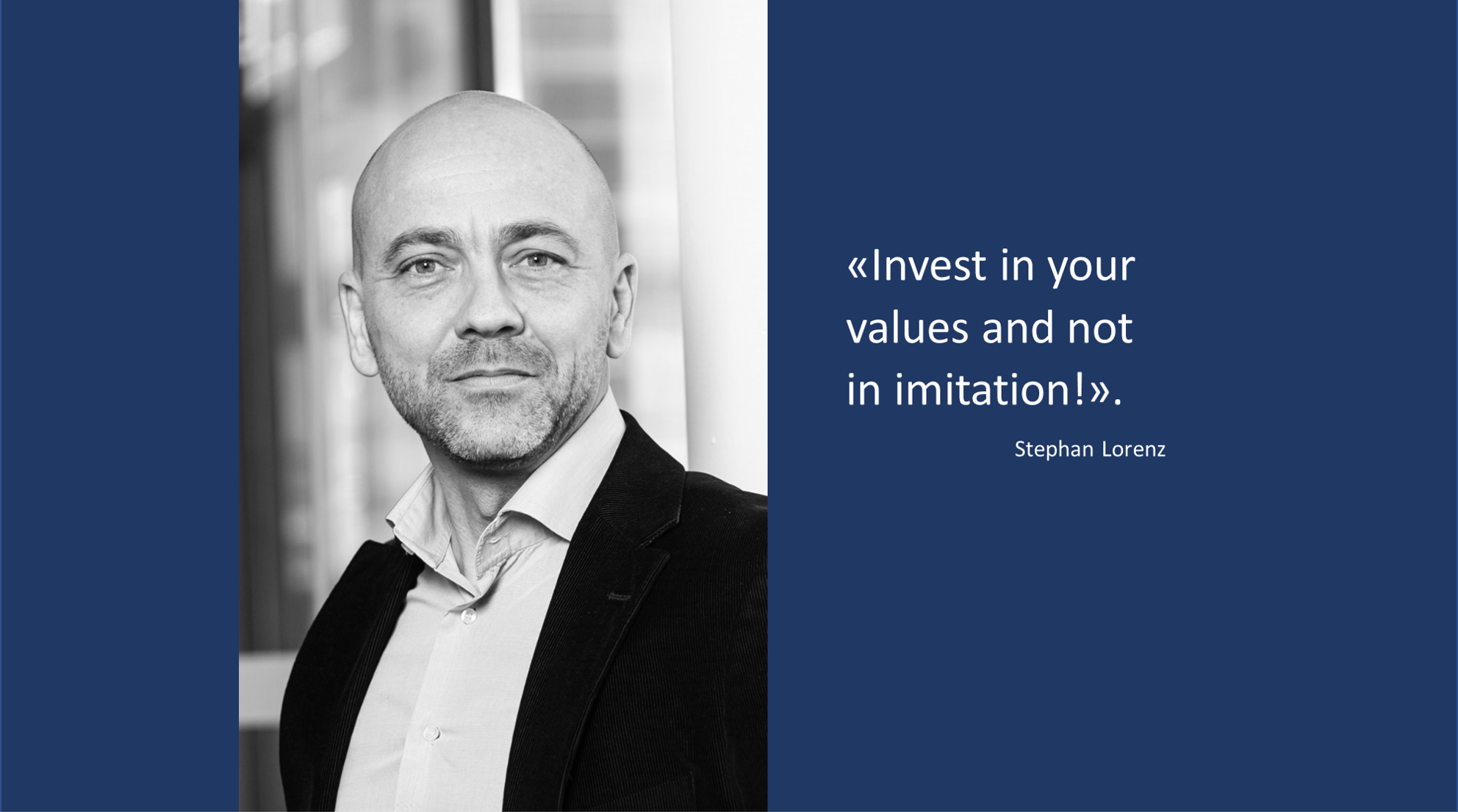I’ve learned over the years that nothing poisons a workplace culture more quietly, yet more thoroughly, than distrust. It doesn’t announce itself loudly. It shows up in the pauses between words, in the guarded looks, in the decisions made without consultation. Distrust chips away at the foundations of a team until what’s left is a shell, people still showing up, still performing tasks, but with their hearts tucked away for safekeeping.
What I’ve come to realize is that distrust and disrespect are twin forces. One rarely appears without the other. Where there’s a lack of trust, there’s often a lack of respect, not always in overt behavior, but in assumptions, in tone, in how much we believe in each other’s intentions. When I start to doubt your motives, I begin to judge rather than understand. I protect instead of collaborate. And from that moment on, the relational fabric of the team begins to fray.
Respect isn’t just about politeness or professional courtesy. It’s about acknowledging the dignity, intelligence and contribution of each person, even when we disagree. When I feel respected, I don’t have to guard myself. I can speak openly, challenge ideas and admit mistakes without fear of humiliation.
💡 Respect builds trust. And trust, in turn, reinforces respect.
I’ve been in rooms where distrust had silenced the strongest voices. People stopped contributing not because they didn’t care, but because they no longer believed they were being heard or that it mattered. And I’ve seen the opposite too: cultures where respect was deeply embedded in how people communicated, listened and disagreed. In those environments, trust wasn’t a goal, it was a natural outcome.
As a leader and coach, I pay attention to these undercurrents. Because I know that culture isn’t defined by values on a website, it’s shaped by how we treat each other when things get hard. And when trust and respect are absent, no strategy, incentive or vision can fill the gap.
💡 What’s left is a performative culture, one that may look good on the outside but feels hollow from within.
👉 So yes, distrust is a culture killer. But it rarely travels alone. It walks hand in hand with a quiet erosion of respect. And if we’re not vigilant, it can undo in months what took years to build.
Leadership coaching offers a powerful path to rebuild trust and respect by helping leaders lead from within. It’s not about techniques, it’s about presence, clarity and self-awareness. When leaders understand how their behavior shapes culture, they can begin to create spaces where openness, feedback and vulnerability are not just allowed, but encouraged.
👉 Trust grows where leadership is grounded in authenticity, not control. And respect follows when leaders truly listen, take responsibility and show up with integrity.
🎯 Real culture change doesn’t start with strategy, it starts with the mindset of those who lead.
📧 If you’re exploring new perspectives, considering a change or just looking for a fresh impulse, feel free to reach out for a quick, informal chat. Sometimes that’s all it takes to gain real clarity.
Best regards
Stephan





